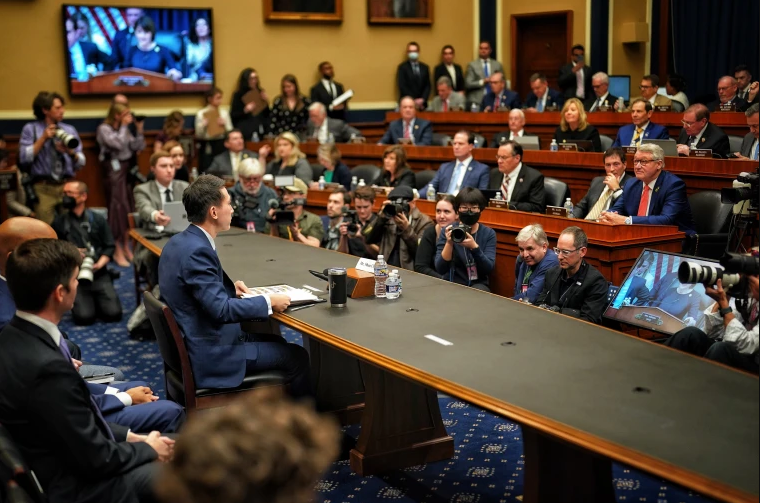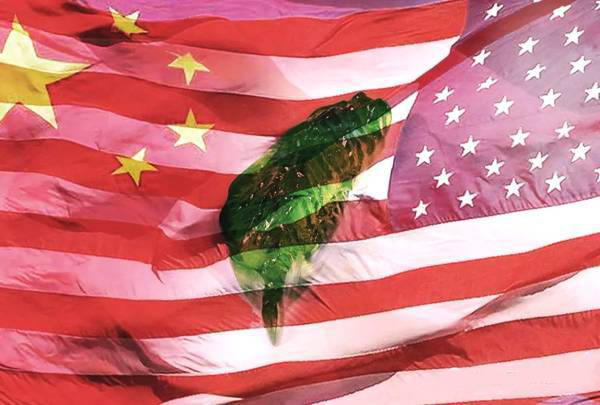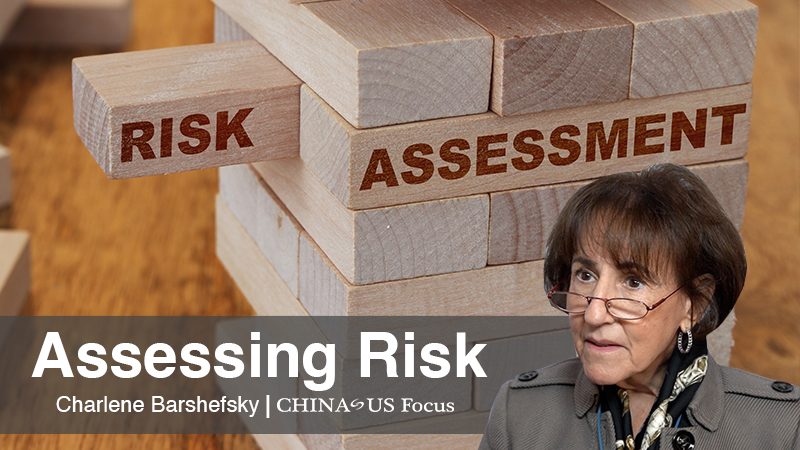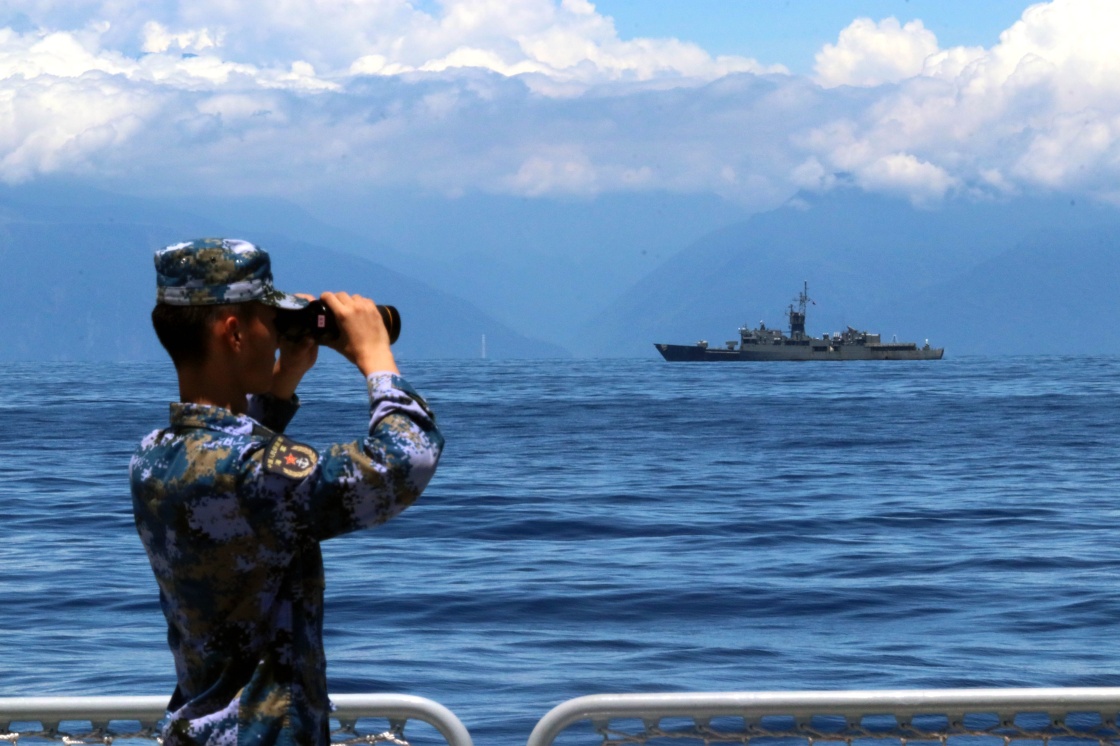
Yu Xiang, Senior Fellow, China Construction Bank Research Institute
Mar 25, 2024
Security threat worries are unfounded. A ban of the platform would only undermine the confidence of international investors and pose significant risks to global economic development. Investors should pay close attention to these risks when making investment decisions.
Brian Wong, Assistant Professor in Philosophy, HKU and Rhodes Scholar
Feb 21, 2024
Sino-American AI cooperation is vital and feasible across most areas. And as a Special Administrative Region of China, Hong Kong is uniquely capable of serving as the forum and location for in-depth engagement between China and the U.S, including inter-governmental and government-to-citizen dialogues.

Shao Yuqun, Director, Institute for Taiwan, HK and Macau Studies, Shanghai Institutes for International Studies
Jan 29, 2024
The United States has a long history of interference in Taiwan’s internal politics. Now that the ruling party has fewer seats than the opposition, Washington is likely to ramp up its influence on Ko Wen-je and his minority Taiwan People’s Party, which has suddenly become a crucial swing vote.

Charlene Barshefsky, 12th United States Trade Representative
Jan 25, 2024
Charlene Barshefsky, a former top U.S. official, discusses in the interview with China-US Focus the lengthy negotiation process for China's entry into the WTO and its lasting impacts on China's economy, global integration, and U.S.-China relations, despite current challenges in trade norms and geopolitical shifts. She also emphasizes the significance of international businesses having a presence in China and the considerations they need to evaluate when determining whether to expand to the Chinese market.
Peng Nian, Director of Research Centre for Asian Studies, China
Dec 21, 2023
The United States has stayed focused on the South China Sea even as it deals with major international crises. In fact, it has intensified its maritime military activity and and even enlisted partners in the eastern Pacific region to create friction between China and its neighbors. It is playing with fire.

Zhao Minghao, Professor, Institute of International Studies, Fudan University, and China Forum Expert.
Apr 19, 2023
Washington’s repeated provocations — both military and political — have made any recovery of stable relations with China difficult. If the United States fails to comprehend the serious nature of the Taiwan question, war will likely result.
Han Liqun, Researcher, China Institutes of Contemporary International Relations
Mar 01, 2023
China’s Global Security Initiative embraces openness and innovation. Around the world, those who value peace and happiness should join hands to address both traditional and non-traditional security challenges and safeguard world peace together.

It is the mission of the think tank to stay on high alert against potential risks and explore possible solutions to challenges. The international system is currently undergoing the most dramatic changes since the end of the Cold War. The peaceful and open international environment, which has been taken for granted over the last four decades, is now overshadowed by formidable challenges. In this context, it is the think tank’s responsibility to explore and identify external security risks that might pose threats to China in the months and years ahead.
Zhang Yun, Associate Professor at National Niigata University in Japan, Nonresident Senior Fellow at University of Hong Kong
Jan 03, 2023
Mimicking the American-style approach of guarding against imaginary enemies, Japan’s recently released documents will have a significant impact on relations with China and other countries. Its effort to achieve strategic autonomy is a tall order, as the U.S. doesn’t want too much of that.
Joseph S. Nye, Professor, Harvard University
Dec 04, 2022
Could the United States and China go to war over Taiwan? China regards the island 90 miles (145 kilometers) off its coast as a renegade province, and President Xi Jinping raised the issue at the recent 20th Congress of the Communist Party of China (CPC). Though Xi said he prefers reunification by peaceful means, his objective was clear, and he did not rule out the use of force. Meanwhile, in Taiwan, the share of the population identifying as solely Taiwanese continues to exceed the share that identifies as both Chinese and Taiwanese.